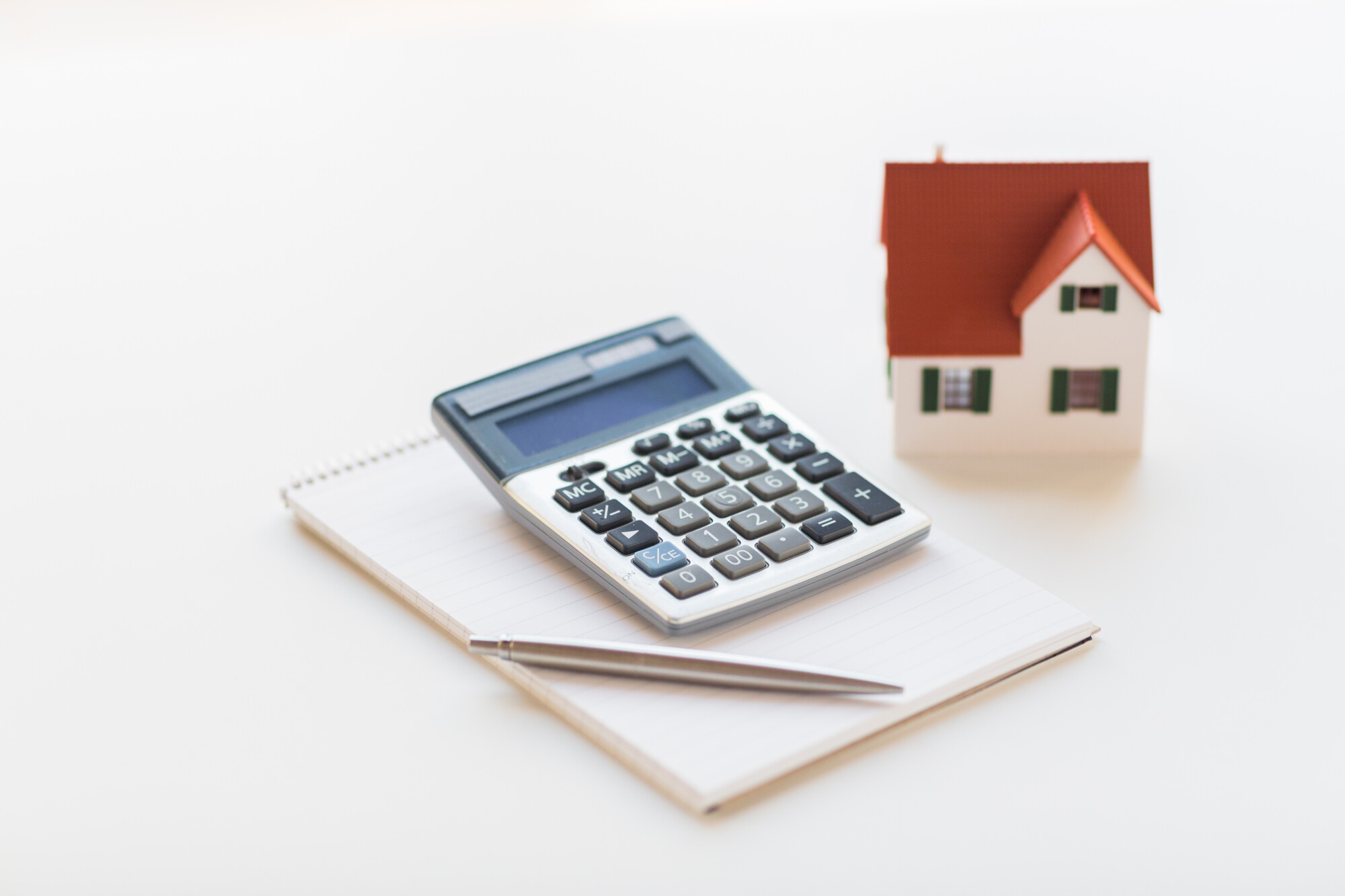As lucrative as being an Arkansas landlord can be, this job does come with its fair share of stress. This is particularly evident come tax season.
If you're not used to the rigors of rental property accounting, tax season can seem overwhelming. Even if you've kept all the relevant records throughout the year, you still need to file them correctly while meeting the deadline.
Need some help with this challenging process? Here's some essential landlord advice that will help you make the most of your deductions!
Determine Your Participation Level
Depending on your property involvement, you may qualify for non-passive tax treatment. This means you can use your losses to offset other forms of income. You also won't be subject to the 3.8% net investment income tax.
To qualify for this approach, you need to spend 500 hours managing your property. This would classify you as a real estate professional. Otherwise, the IRS will consider your rental ownership to be a passive activity.
Understand Your Deductions
You'll deduct most expenses in the year you pay for them. If you're managing your rental yourself, this involves itemizing expenses and administrative costs. Some common deductions include:
- Property taxes
- Mortgage interest rates
- Insurance costs
- Repair and maintenance costs
- Management-related home office expenses
- Casualty losses not covered by insurance
Know How to Report Rental Income
If you're a single-member LLC or sole proprietor, you'll report your income via Schedule E (Form 1040). If you're a partnership or LLC, you'll report your income on a separate tax return for your business.
Keep in mind you may need to report other types of income as well. For instance, if a tenant pays for your expenses, this counts as rental income. If these are eligible expenses, you can count these payments as deductions.
Get Your Documents in Order
Valid documentation is the cornerstone of landlord finances. If there's a record of something relevant to your rental, you'll need to produce a copy of it. Some important documents you'll need are:
- Income records
- Mortgage statements
- Receipts for uncovered expenses
- Records of property taxes
- Costs of capital improvements
- Legal fees
Consider Tax Depreciation
Some expenses relevant to your rental aren't deductible. These include a mortgage, non-essential repairs, and principal payments. What you can do, though, is deduct the costs associated with improving your rental.
This tax strategy is best known as tax depreciation. Instead of taking one deduction when you improve the rental, you distribute it across the rental's life. Consider hiring a property manager to help you calculate this deduction.
Get Help With Rental Property Accounting Today!
There's no denying it: rental property accounting involves a lot of research. If you're not on top of your game, there's a decent chance you'll make mistakes. The above guide will help you ensure that doesn't happen!
Want to enlist professional help with your tax filing? If you live in Rogers, AR, you can outsource this task to our accounting experts at PMI Heritage! Fill out this form to ask us anything about our property management services.


